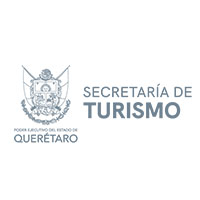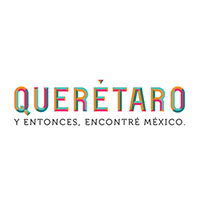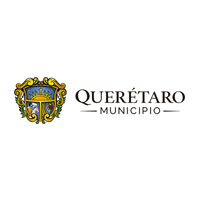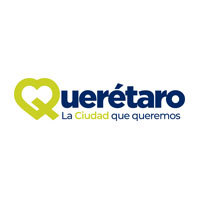Hay Festival Querétaro 2022
Welcome to the Hay Festival Querétaro 2023 programme. The festival will take place from 7 to 10 September. We will have 105 activities with 151 interantional guests from 20 countries, and with Hay Joven, Hay Festivalito, Hay Delegaciones and Talento Editorial events, as well as two activities in Cadereyta.
Principal Sponsor





Partner for Latin America

